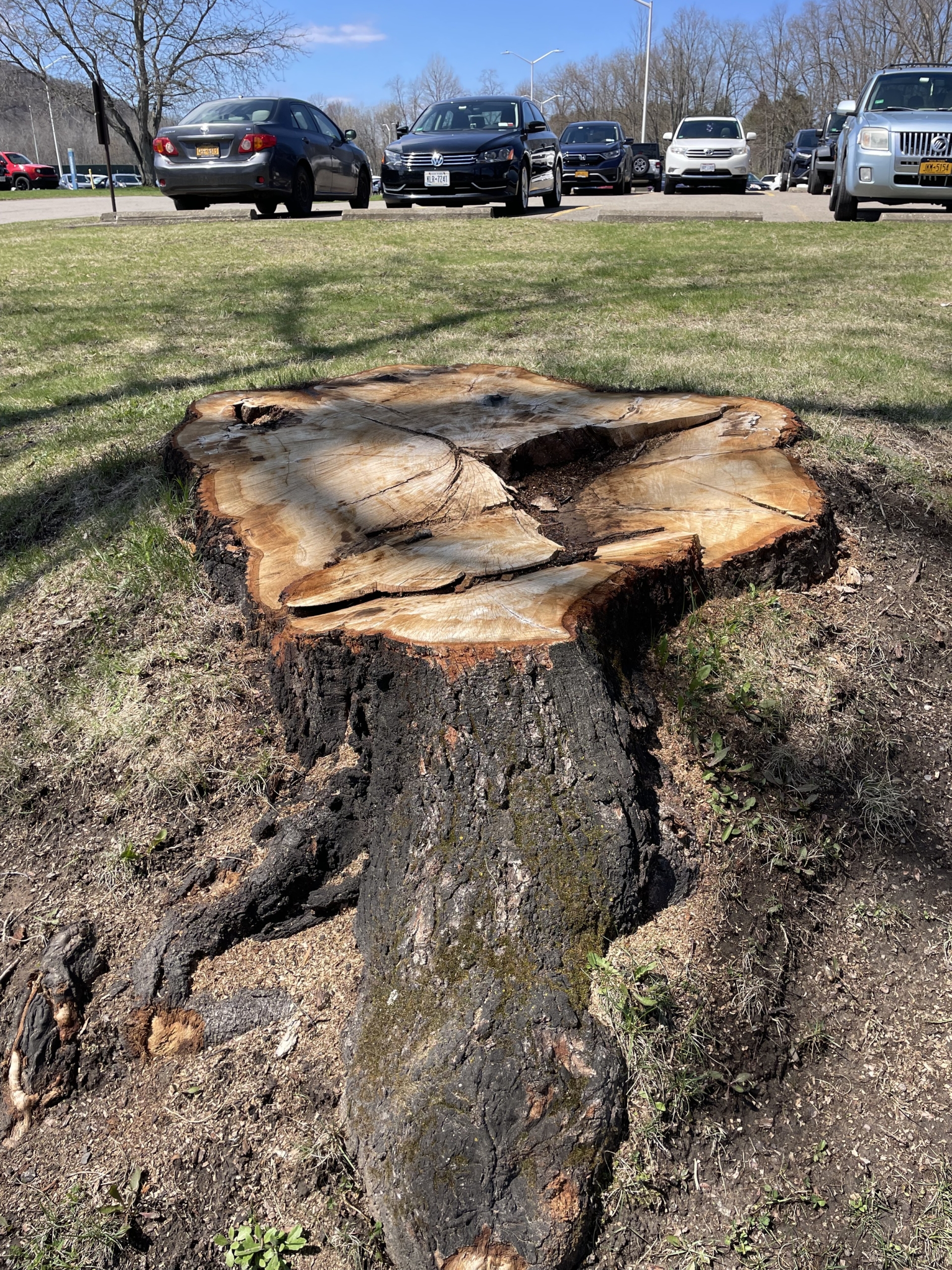The Jandoli School of Communication received prestigious accreditation on April 26 from the Accrediting Council of Education in Journalism and Mass Communications (ACEJMC). Only 110 out of 500 mass communication programs in the county are accredited, and only 20 of the 110 are private universities in the U.S. The Jandoli School of Communication is now part of that selective list.
“This is an international organization that accredits college and university communication programs around the world,” said Dr. Pauline Hoffmann, associate professor of journalism and strategic communication. Hoffmann, the former dean of the Jandoli school, put a lot of effort into making the accreditation possible.
ACEJMC started in 1945 and is one of the only accrediting bodies for the field of journalism and mass communication. Although the accreditation is not required for a communication program, it is something that betters the program as a whole. Both the school’s undergraduate and graduate programs are accredited, which is something not every school can say.
“That puts us in an elite category,” said Hoffmann. “It essentially says that we meet international standards of excellence in communication education.”
Since receiving the accreditation, the school can now apply for fundraising and grants that only accredited schools can receive.
“One of the things that are important for us is fundraising and doing a major renovation to the Murphy Building,” said Aaron Chimbel, dean of the Jandoli School of Communication.
Students can also apply for scholarships and awards that they wouldn’t have been able to before the accreditation. One award they can now apply for is the Hearst Award.
“The Hearst Award, which is a huge student award competition for journalism, it is referred to as the Pulitzer Prize of college journalism,” explained Chimbel.
The school also has plans to continue growing its enrollment and recruiting more students into its programs.
The process to receive accreditation requires multiple steps and takes years to achieve. ACEJMC has nine requirements the program must meet, which include: mission, governance and administration; curriculum and instruction; diversity and inclusiveness; full-time and part-time faculty; scholarship: research, creative and professional activity; student services; resources, facilities and equipment; professional and public service; and assessment of learning outcome.
Along with meeting the nine requirements, applicants must follow several steps. The first part of which is initiating the accreditation process. The chief executive officer of the university must send a letter of invitation to the ACEJMC executive director. From there, the school conducts a self-study. A site team comes to schools and does a report of its own. The reports go to the accrediting committee who then recommends accreditation. They send it to the Accrediting Council, and the council decides if the school will be accredited. In the 2016-2017 academic year, the Jandoli school applied and got provisional status.
“They found the program noncompliant in two areas and recommended provisional status,” said Chimbel. “They were the two most common areas that programs struggled with, which are diversity and assessment.”
The school had two years to go up to full accreditation. This February was a revisit year, and the school focused on addressing the two areas of concern. This year, every requirement was met, and the ACEJMC approved the Jandoli School of Communication for full accreditation.
“This has been an incredible process. I am also so proud of the Jandoli School and my incredible colleagues,” said Hoffmann.
The accreditation is a six-year cycle. After six years, schools renew accreditation. Since the provisional status was two of the six years, the Jandoli school will be revisited in the 2022-2023 academic school year.
“This is a really great validation of the program,” said Chimbel, “I think what this does for us is show everyone across the country and around the world what great of a program we have here that maybe they wouldn’t know about otherwise.”
By Rachel Kimmel, Staff Writer
kimmelrp18@bonaventure.edu



